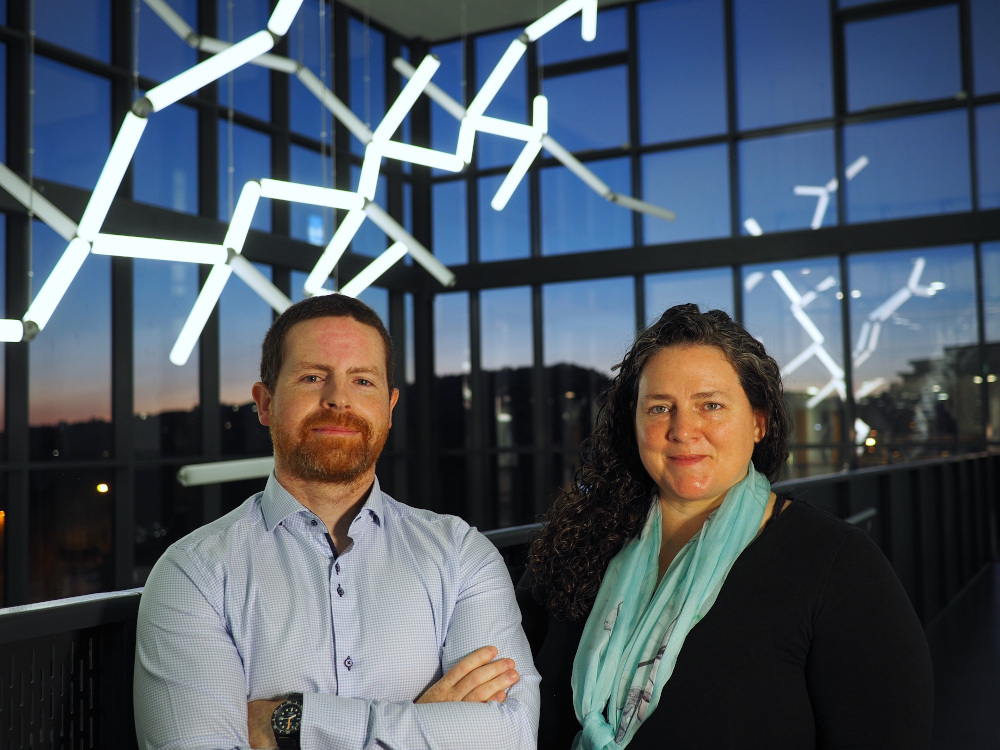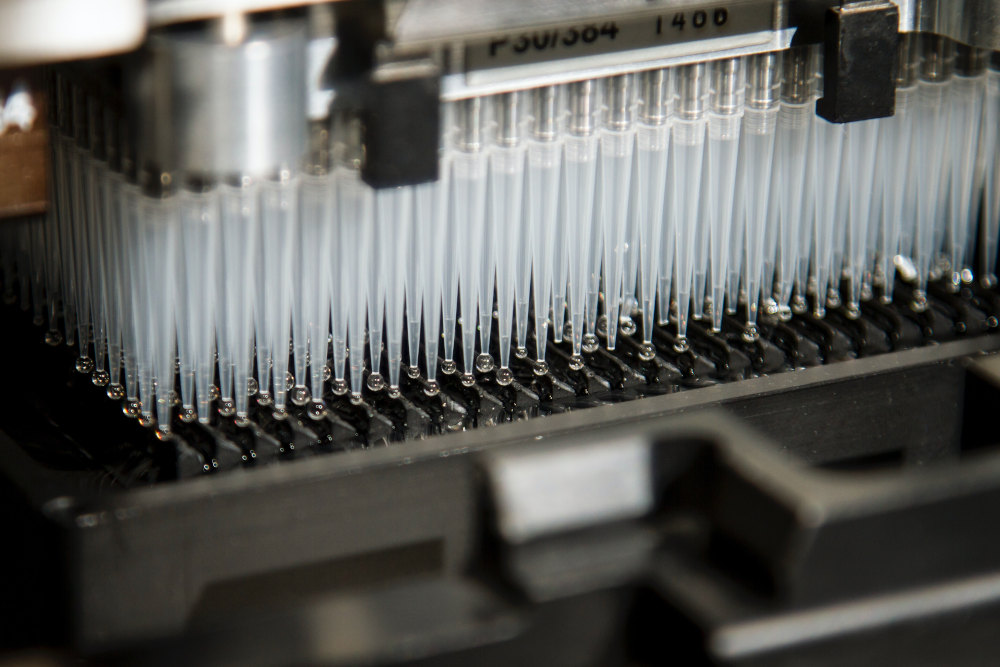
Researchers at the University of Dundee have proposed an alternative to animal testing by developing a “skin culture” which mimics living skin.
Ten Bio Ltd grew, which within the University’s School of Life Sciences, has successfully created the subsistute system, which can be used to test pharmaceuticals and cosmetics.
Founders Dr Robyn Hickerson and Dr Michael Conneely have secured funding for their ‘TenSkin™’ product, where human skin is stretched to an optimal tension to mimic the mechanobiology that exists in intact, living skin on the body.
This provides a state-of-the-art tool for skin biology research by allowing scientists to generate reliable and safe data without the need for animals.
Dr Conneely said: “The skin that covers our body is under tension, this has been known for a long time.

“Other models don’t incorporate this tension, and this is why our product is more effective. When skin is removed from the body it contracts as the tension relaxes.
“By stretching the skin to an optimal tension, we have created a model that will allow pharmaceutical and cosmetics companies to generate pre-clinical data that will be much more predictive of what is likely to be seen in the clinic.”
Although there is a complete ban on testing cosmetics and cosmetics’ ingredients in animals in the EU, with many global cosmetics companies adhering to similar guidelines, animal experimentation is still the gold standard within the pharmaceutical field to help explore whether potential drugs are suitable for testing in humans.
Animal testing is often a subject of ethical controversy, with many raising concerns about the reliability of the method. Ten Bio’s new approach aims to significantly reduce animal usage for skin related research.
Dr Hickerson added: “There is a disconnect between animals and humans when you’re trying to develop therapeutics.
“While animals can serve as good analogues to study general principles, they often fail when it comes to specific details due to animal/human species differences. These details matter when it comes to developing safe and effective drugs for humans.
“Upwards of 90% of drugs that are proven safe and effective in animals fail during clinical trials. Our model will help reduce this costly failure rate.”

